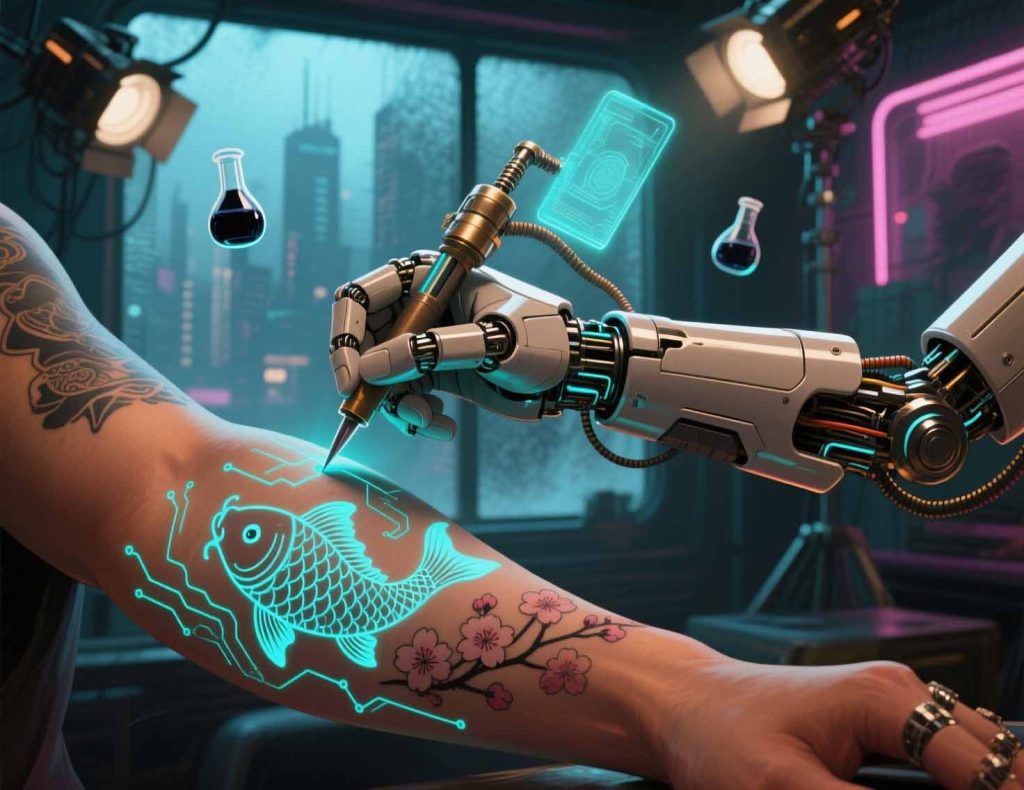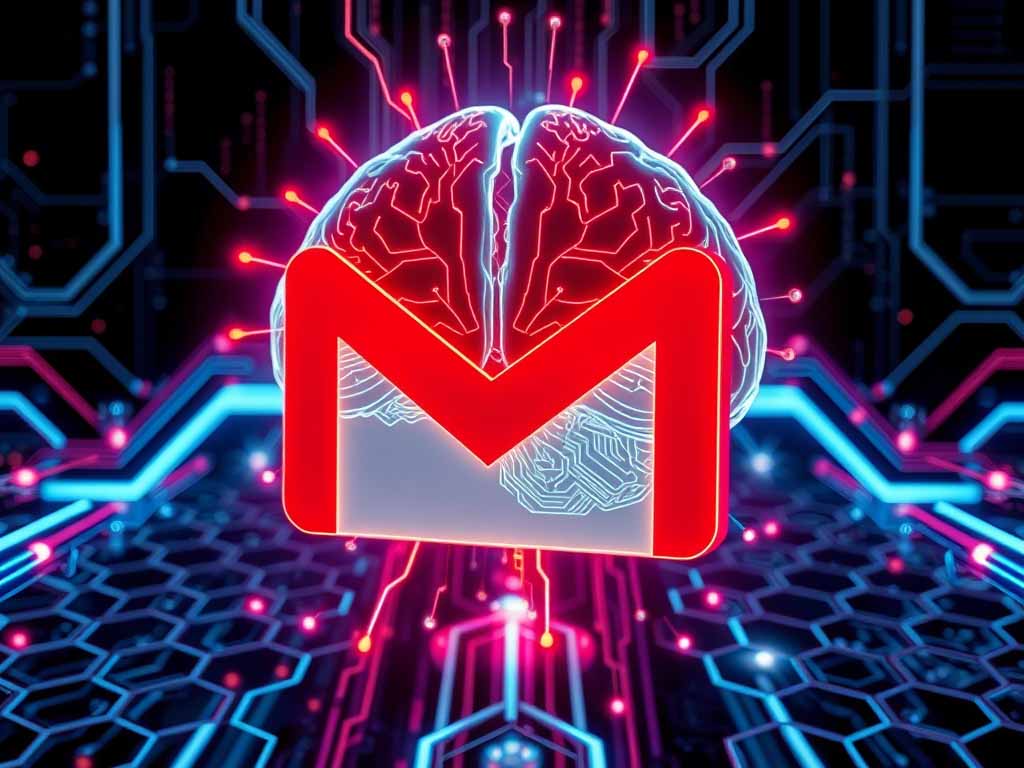Let’s be honest—tattoos are intimate. It’s not just ink; it’s memory, rebellion, heartbreak, or that one wild night you’d rather not explain to your mom. Every tattoo artist knows this. They’re half artist, half therapist, half stand-up comic distracting you from the sting of the needle.
Now imagine swapping all of that for… a robot. A machine. Cold metal arm, AI-powered precision, zero small talk. Would you actually trust a robot with your skin?
The Rise of AI Tattoo Artists
It’s not sci-fi anymore. Around 2016, the world saw its first robot-drawn tattoo in Paris. A team of French engineers hacked an industrial robot arm and programmed it to draw a basic design on human skin. The result? A little shaky, but the idea was planted.
Fast-forward a few years, and we’ve got startups experimenting with AI-driven tattoo machines. Some claim robots can design perfectly symmetrical mandalas, draw flawless geometric patterns, or replicate images with photographic precision.
If you’re the type who obsesses over straight lines or exact replicas, the thought of a robot artist sounds tempting. After all, machines don’t get tired, hungover, or shaky from too much caffeine.
Precision vs. Personality
Here’s the tradeoff: AI wins at precision, but tattoos aren’t just about precision.
- A human artist interprets your idea, sometimes improving it on the fly.
- They know when your skin stretches weirdly or when a curve needs to flow differently.
- They feel the vibe of the room, your nerves, your excitement—and adapt.
A robot? It just follows instructions. Your skin becomes another canvas, no different from paper or plastic.
And that’s the part that feels a little soulless. Tattoos aren’t supposed to feel like factory stamps.
The Emotional Layer
Think about it: when you sit in a tattoo chair, you’re not just paying for ink—you’re buying the experience. The music in the background. The small talk that calms your nerves. The way the artist asks if you’re okay, pauses when you flinch, cracks a joke about how “the ribs are always the worst.”
Could an AI bot ever replicate that? Even if it spoke to you in a calm Siri voice, would you feel… seen?
Because let’s be real—sometimes the story behind the tattoo matters more than the art itself.
But What If Robots Get Good?
Here’s where it gets tricky. AI art is already fooling people. Entire Instagram accounts are filled with “AI-generated tattoos” that look like masterpieces. If robots get better at both design and execution, humans might start outsourcing.
- Speed: A robot could finish a full sleeve in hours instead of days.
- Safety: Robots don’t slip, sneeze, or misjudge spacing.
- Customization: AI could generate a dozen tattoo options based on your mood, personality test, or even Spotify playlist.
The idea of walking in, telling a machine, “I want something that represents freedom and nostalgia,” and having it spit out ten hyper-detailed options in seconds… well, that’s hard to ignore.
The Big Question: Trust
But would you trust it? Because this isn’t just art—it’s art carved into your body with needles. Even a small slip can mean a crooked line you’ll regret forever.
Humans make mistakes, sure, but when they do, you at least get a story out of it. “See that crooked line? Yeah, my artist sneezed. We laughed about it, and now it’s my favorite part.”
If a robot botched your tattoo? That’s just a glitch. And glitches don’t make good memories.
Real Stories & Experiments
- In 2017, Dutch startup Tatoué used a 3D printer modified with tattoo needles to ink volunteers. It worked, but the designs were super basic. The tech is still evolving.
- Some artists are already using AI for the design stage—feeding prompts into MidJourney or Stable Diffusion to brainstorm tattoo concepts. But they still do the needlework themselves.
- Clients who tried robot tattoos often described the process as “cold” or “sterile.” Safe, maybe, but not exactly soulful.
Tattoos Are More Than Ink
At the end of the day, tattoos are human stories. You remember who gave it to you, where you were, what you felt. My buddy still talks about how his artist played Fleetwood Mac while he got his first tattoo, and now “Landslide” makes him cry every time.
AI can’t give you that. It can’t give you the smirk, the wink, the shared moment when you and your artist agree, “Yeah, this one’s gonna be badass.”
Final Thought
Would I trust a robot with my skin? Maybe—for a tiny, precise, soulless line somewhere hidden. But for the big stuff, the personal stuff, the scars I want to carry proudly? Nah. I’ll take the messy, flawed, beautifully human touch every time.
Because tattoos aren’t about being perfect. They’re about being alive.
Curious about more ways AI is creeping into human creativity? I’ve got more stories on tech and culture at useai.click.



